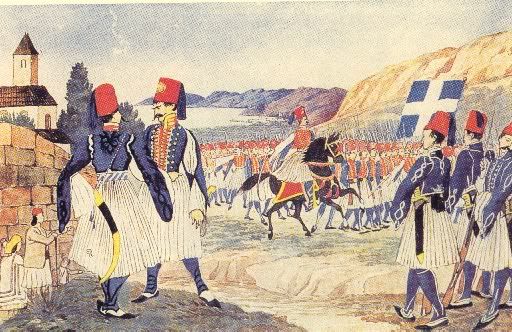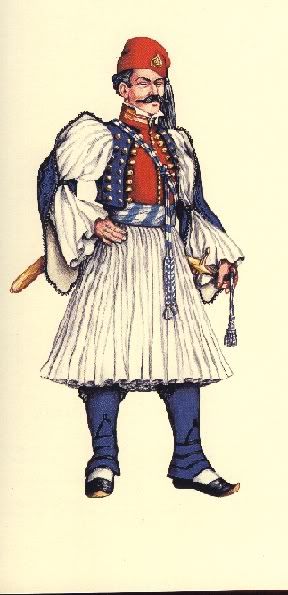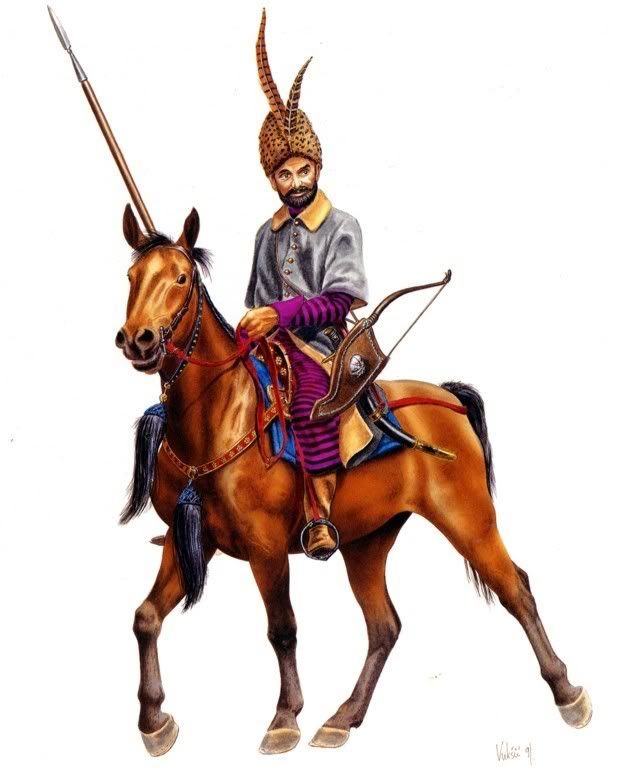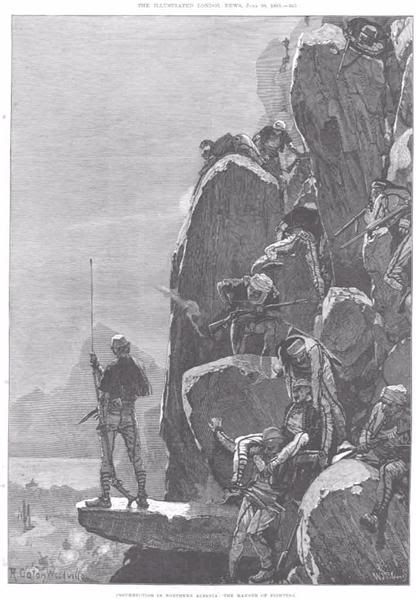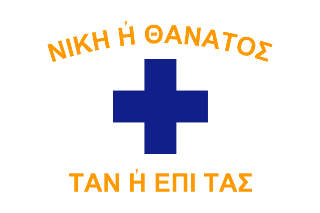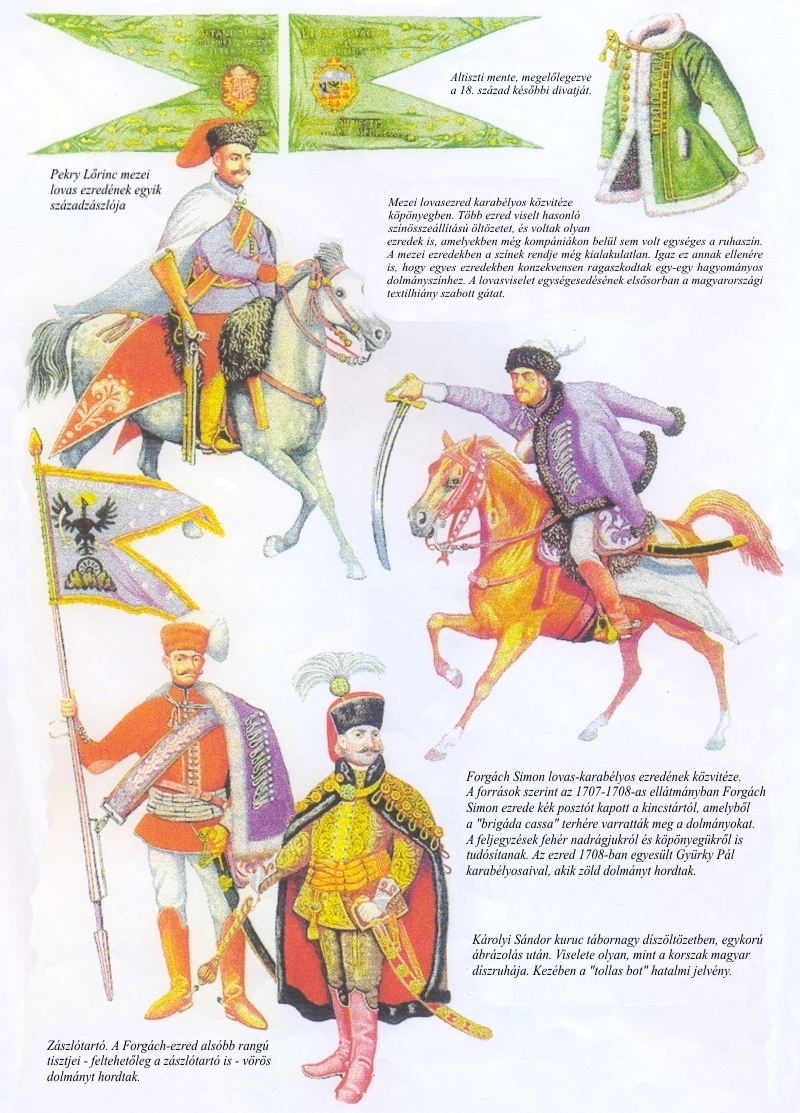Uskoks The Pirates of Adriatic #fullpost{display:inline;}

The Uskoci (Pronounced: "uskoczy", meaning "Uskoks"; singular: Uskok) were Serbian and Croatian Habsburg soldiers that inhabited the areas of the eastern Adriatic and the surrounding territories during the Ottoman wars in Europe. Etymologically, the word uskok itself means "the ones who jumped in" ("the ones who ambushed") in Croatian. Bands of Uskoks fought a fairly successful guerrilla war against the Ottomans, and they formed small units and rowed swift boats.
The exploits of the uskoks contributed to a renewal of war between Venice and the Ottoman Empire (1571 - 1573). An extremely curious picture of contemporary manners is presented by the Venetian agents, whose reports on this war resemble a knightly chronicle of the Middle Ages. These chronicles contain information pertaining to single combats, tournaments and other chivalrous adventures.
Many of these troops served abroad. At the Battle of Lepanto in 1571, for example, a Dalmatian squadron assisted the allied fleets of Spain, Venice, Austria and the Papal States to crush the Ottoman navy.
During the early years of the 16th century, the Ottoman conquest of Bosnia and Herzegovina drove large numbers of Croats from their homes. A body of these "uskoks" established itself in the fortress of Klis near Split, and from there waged war against the Ottomans. Klis, however, became untenable, and the uskoks withdrew to Senj, on the Croatian coast. There, in accordance with the Austrian system of planting colonies of defenders along the Military Frontier, they were welcomed by Emperor Ferdinand I. Moreover, the uskoks were promised an annual subsidy in return for their services.
Their new stronghold, screened by mountains and forests, was unassailable by cavalry or artillery. However, the fortress was admirably suitable to the lightly-armed uskoks who were excellent in guerilla warfare. The Ottomans, on their part, organized a body of equally effective troops of Orthodox Vlachs and Serbs called the Martelossi needed for defence purposes and reprisals. Since the uskoks were checked on land and were rarely paid their annual subsidy, they resorted to acts of piracy.
Large galleys could not anchor in the bay of Senj, which is shallow and exposed to sudden gales. So, the uskoks fitted out a fleet of swift boats, which were light enough to navigate the smallest creeks and inlets of the shores of Illyria. Moreover, these boats were helpful in providing the uskoks a temporary landing on shore. With these they were able to attack numerous commercial areas on the Adriatic. Eventually, the uskoks saw their ranks swell as outlaws from all nations joined them. These outlaws also included people from areas such as Novi Vinodolski, Otočac and other towns in what is today Croatia.
After 1540, however, Venice, as mistress of the seas, guaranteed the safety of Ottoman merchant vessels, and provided them with an escort of galleys. The uskoks retaliated by ravaging the Venetian islands of Krk, Rab and Pag. Moreover, they utilized the Venetian territories in Dalmatia as a springboard in order to launch attacks against the Ottomans. Meanwhile, the corsairs of Greece and Africa were free to raid the unprotected southern shores of Italy. Venice was besieged with complaints from the Porte, the Vatican, and the Viceroy of Naples with his sovereign, the King of Spain. A Venetian appeal to Austria for help met with little success, and the offenses of the uskoks against the Venetians were outweighed by their attacks against the Ottomans. Minuccio Minucci, a Venetian envoy at Graz, states that a share of the uskoks' spoils of silk, velvet and jewels, went to the ladies of the Archducal Court of Graz, where important matters between Venice and Austria were negotiated.
From 1577 onwards, Venice endeavored to crush the pirates without offending Austria, enlisting Albanians in place of their Dalmatian crews, who feared reprisals at home. For a time the uskoks only ventured forth at night, during the winter season and even during stormy weather.
In 1592, a strong Ottoman army invaded Croatia hoping to capture Senj. Led by Telli Hasan Pasha, the beylerbey of Bosnia, the Ottomans managed to capture a number of uskok settlements, killing and enslaving the population. However, the army was routed and dispersed in the following year. Austria was involved in war with the Ottomans and the Venetian admiral Giovanni Bembo blockaded Trieste and Rijeka (Fiume), where the pirates forwarded their booty for sale. They also erected two forts to command the passages from Senj to the open sea.
In 1602, a raid by the uskoks upon Istria resulted in an agreement between Venice and Austria, and the dispatch to Senj of the energetic commissioner Rabatta with a strong bodyguard. All these measures, however, provided very little results. Rabatta was eventually murdered, and the fugitive uskoks returned to Senj where they resumed their acts of piracy. The uskoks would conduct such acts up until 1615 when their piracy went so far as creating an open war between Venice and Austria.
A peace treaty was signed at Madrid in 1617 and it was arranged that the uskoks be disbanded, as well as their ships be destroyed. The pirates and their families were, accordingly, transported to the interior of Croatia, where they gave their name to the "Uskoken Gebirge", a group of mountains on the borders of Carniola now called Žumberak/Gorjanci, as well as White Carniola and Kostel in what is now Slovenia. Their presence has also been traced near Učka in Istria, where such significant family names as Novlian (from Novi Vinodolski), Ottocian (from Otočac) and Clissan (from Klis, older orthography), were noted by Franceschi in 1879.
However, the Austrian Military Sea Frontier authority survived, and Uskok activity resumed in later years, causing another near war between Habsburg and Venice in 1707.









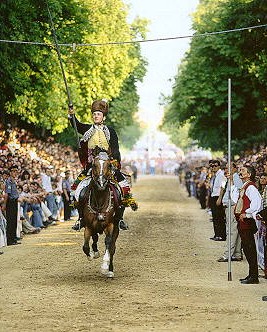
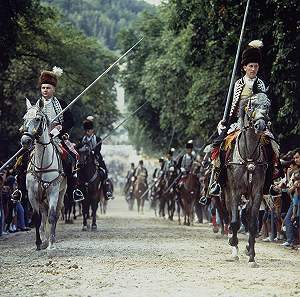

 Reply With Quote
Reply With Quote
